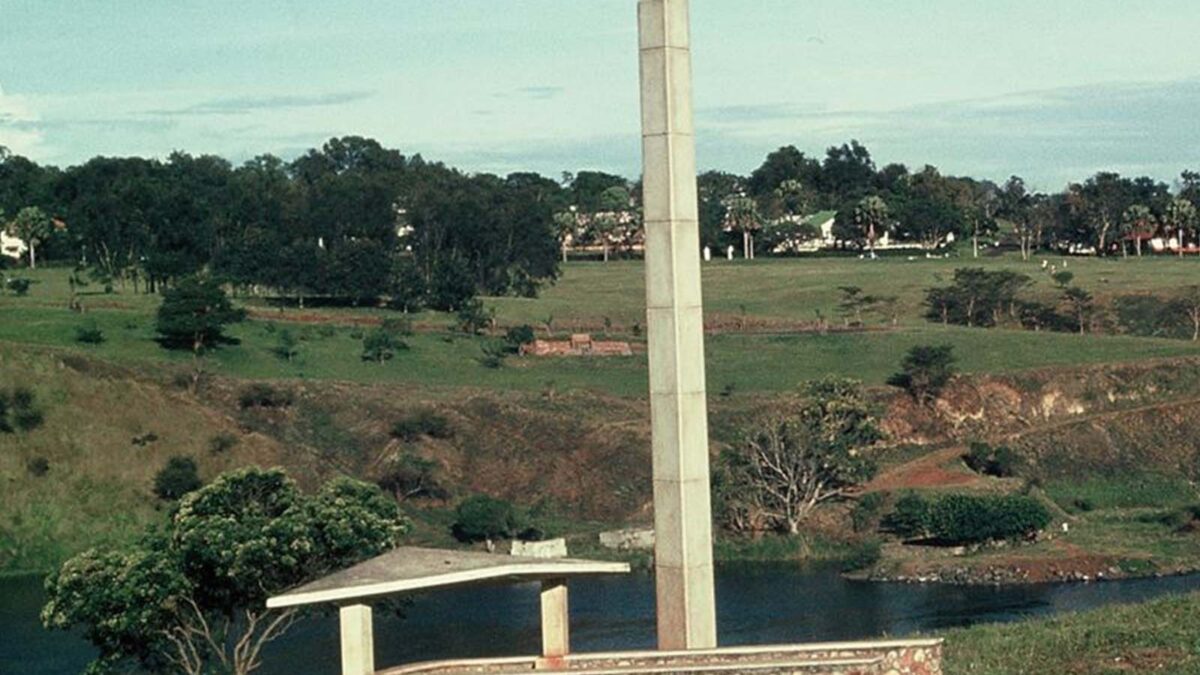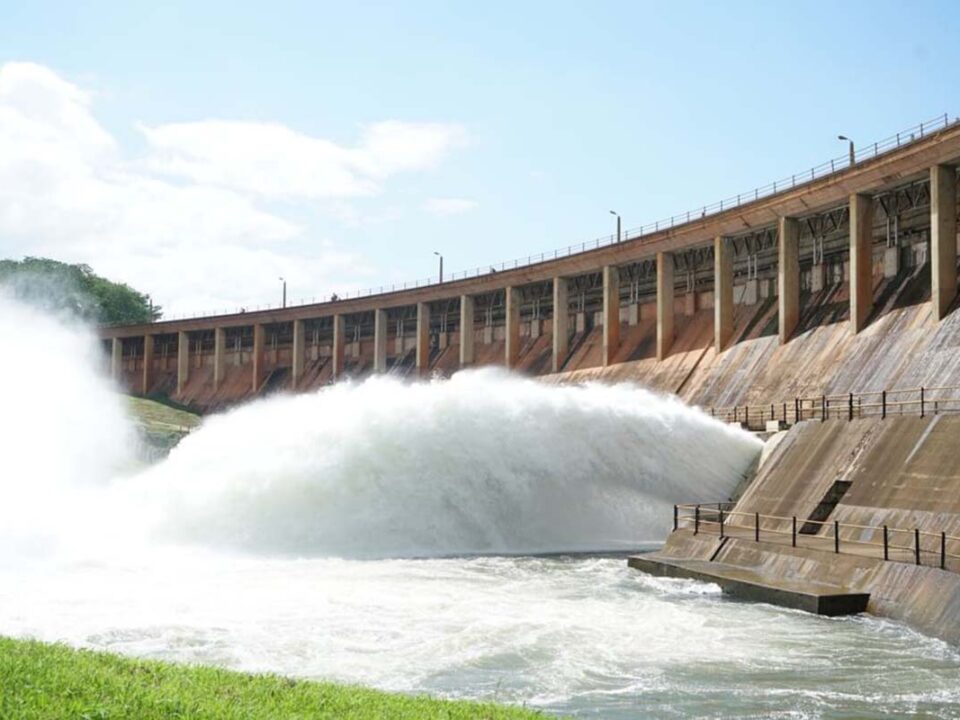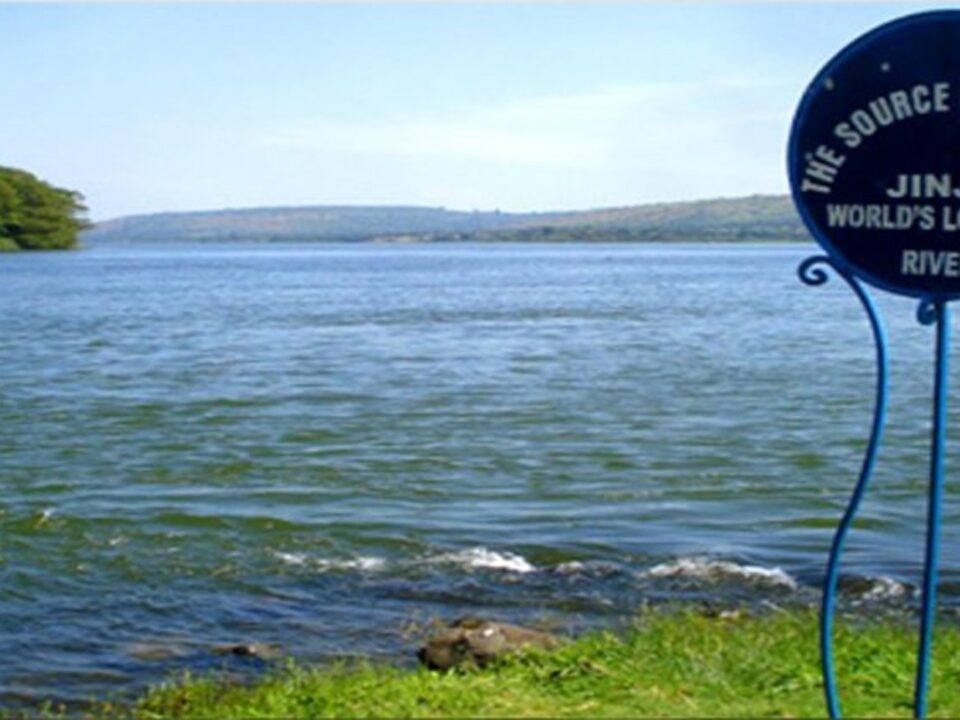
Best Places for Golden Monkey Tracking in Africa
September 7, 2023
Kenya Safaris to South Island National Park
September 8, 2023The Speke Memorial Monument in Jinja, Uganda – A Testament to Victorian Exploration
The Victorian Quest for the Source of the Nile
During the Victorian Age, the quest to uncover the Source of the Nile in Jinja, Uganda, was a tantalizing prospect that rivaled the modern-day fascination with putting a man on the moon. It was an endeavor that promised fame, wealth, and nobility to those who could lay claim to this “Holy Grail” of British exploratory zeal.
Diverse Motivations: The Adventurers of the Nile
Among the adventurers who embarked on this perilous journey were individuals with diverse motivations, such as the religious fervor of David Livingstone, the greed of Henry Morton Stanley, and the quest for immortality pursued by James Burton and John Hannington Speke.
Burton and Speke’s Perilous Joint Expedition
Burton and Speke, two notable figures in this race to discover the Source of the Nile, joined forces for a joint expedition. However, from its inception, their journey was fraught with mishaps and calamities.
Speke’s Triumph and Controversy
The expedition ultimately led to Burton’s confinement to a sickbed, while a virtually blind John Hannington Speke forged ahead, determined to reach the southern shores of Lake Victoria. Local accounts spoke of a vast river at the northern tip of Lake Nalubale (meaning “of the gods”), which John Speke, in tribute to his financial backers, the British Royal Family, renamed Lake Victoria. Convinced that this was the Source of the Nile, Speke triumphantly returned to proclaim his discovery.
Burton’s Contrary Viewpoint
In contrast, Burton vehemently contested Speke’s claim, arguing that Speke had never actually laid eyes on the Nile. Instead, he proposed that Lake Tanganyika was the true source of the River Nile.
The Enigmatic Sir Richard Burton
In a twist of fate, it was Burton’s viewpoint that gained acceptance, and he was knighted for his efforts, becoming “Sir” Richard Burton.
Tragedy Strikes: Speke’s Untimely Demise
The day that Speke was to present compelling evidence to support his contention that Lake Nalubale was, indeed, the Source of the Nile, tragedy struck. While attempting to scale a wall with his hunting rifle hanging at his side, Speke tragically shot himself. His untimely demise cast a shadow of uncertainty over the quest for the Nile’s origin.
The Establishment of Truth: Speke’s Legacy
It was through a meticulous analysis of Speke’s notes and observations that the truth was finally established. To commemorate this significant achievement and to honor John Hanning Speke’s contribution to the exploration of the Nile, a monument was erected on the western bank of the River Nile.
A Monument to Exploration: Speke Memorial Monument
Today, this monument stands as a testament to the enduring spirit of exploration and discovery in Jinja, Uganda, inviting visitors to reflect upon the fascinating history of the quest for the Source of the Nile during the Victorian era.




